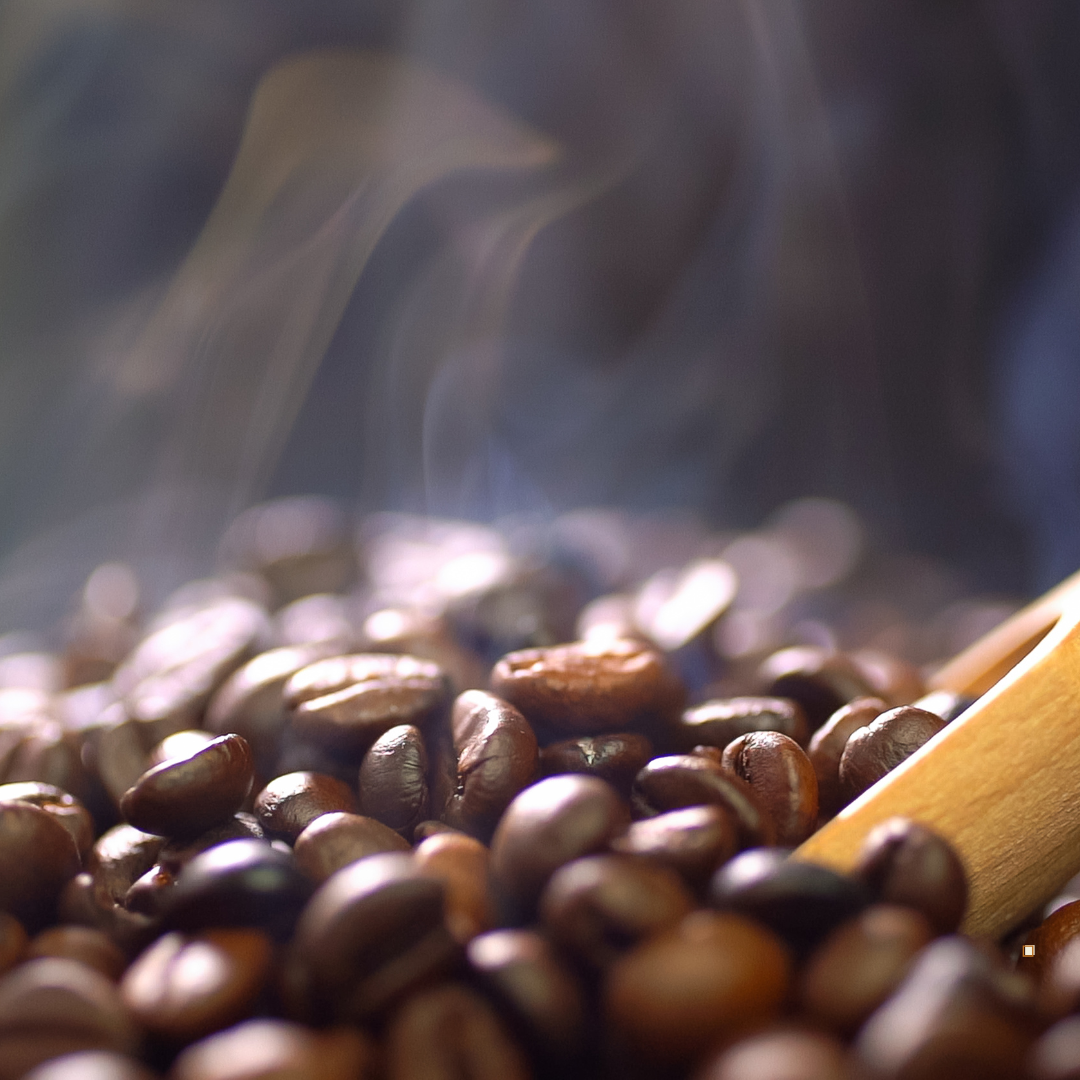
Which Decaffeination Process is Best for Whole Bean Decaf Coffee?
When choosing the best whole bean decaf coffee for your home brewing, it’s essential to understand the different decaffeination processes and how they impact flavor, aroma, and overall quality. Not all decaf coffee is created equal, and the method used to remove caffeine plays a significant role in the final product. Here are the most common decaffeination processes and help you decide which one is best for your coffee needs.
Understanding Decaffeination: The Basics
Decaffeination is the process of removing caffeine from coffee beans, typically before roasting. While the end goal is the same—creating coffee that’s enjoyable without the jitters—the methods vary significantly in approach and results. Here are the four most common methods:
-
Swiss Water Process
The Swiss Water Process is a chemical-free method that uses water, temperature, and time to extract caffeine. Coffee beans are soaked in water to dissolve caffeine, and the water is then passed through a carbon filter that traps caffeine molecules. This water, now saturated with the coffee’s natural flavors, is reintroduced to new batches of beans to preserve their flavor profiles.
This method is ideal for coffee lovers who prefer organic and chemical-free solutions. It’s also renowned for maintaining the bean's integrity, resulting in decaf coffee that tastes remarkably close to its caffeinated counterpart.
-
Direct Solvent Method
The direct solvent method uses chemicals like ethyl acetate or methylene chloride to extract caffeine. Beans are steamed to open their pores, and then a solvent is applied to dissolve the caffeine. Afterward, the beans are steamed again to remove any remaining solvent traces.
This method is efficient and cost-effective but has received criticism from some consumers who prefer natural processes. However, it’s worth noting that the FDA deems it safe, and many reputable brands use this method to create affordable, flavorful decaf options.
-
CO2 Process
The CO2 process is a modern and innovative method that uses carbon dioxide in its supercritical state to remove caffeine. When CO2 is compressed, it behaves like both a gas and a liquid, effectively binding to caffeine molecules without affecting other compounds. The caffeine-laden CO2 is then filtered and reused.
While this method is expensive, it’s highly effective at preserving the flavor of premium coffee beans, making it an excellent choice for those who prioritize taste above all else.
-
Mountain Water Process
Similar to the Swiss Water Process, the Mountain Water Process uses pure water from mountain sources to remove caffeine. The key difference is the use of specific filtration techniques to ensure maximum flavor retention.
This method is popular among coffee enthusiasts seeking a clean, environmentally friendly decaf option. It’s particularly effective with high-quality beans, as it showcases the bean's natural characteristics.
Choosing the Best Decaf Process for Your Needs
Your preference for whole bean decaf coffee will largely depend on your priorities. Do you value flavor above all else, or are you more concerned with avoiding chemical processes? Here are some factors to consider:
- Flavor Preservation: If you want decaf coffee that tastes like its caffeinated version, opt for methods like the Swiss Water Process or the CO2 process. These methods excel in maintaining the bean's natural flavor profile.
- Health and Safety: For those avoiding chemical additives, the Swiss Water Process and Mountain Water Process are excellent choices. They rely solely on water and natural filtration techniques.
- Environmental Impact: Water-based methods are more eco-friendly, making them ideal for environmentally conscious coffee drinkers.
- Cost: The direct solvent method is often the most affordable option, but it may not appeal to those who prefer all-natural processes.
Why the Process Matters for Brewing at Home
Home coffee brewing is an art, and the beans you choose significantly impact the results. Since decaf coffee already undergoes additional processing, selecting beans treated with a method that preserves their integrity is crucial. Swiss Water and CO2 processes ensure that your whole bean decaf coffee delivers a full-bodied flavor and rich aroma, perfect for brewing with French presses, pour-overs, or drip machines.
Frontier Coffee Roasters' Approach to Decaf Coffee
At Frontier Coffee Roasters, we understand the challenges of finding decaf coffee that doesn’t compromise on flavor or quality. That’s why we’re committed to offering only the finest decaf options to our customers. Our small-batch roasting process ensures every bean is roasted to perfection, capturing the essence of its natural flavor profile. Additionally, our carefully curated selection includes beans decaffeinated using the Swiss Water and CO2 processes, so you can enjoy peace of mind alongside every cup.
Whether you’re looking for a smooth, balanced medium roast or a bold, full-bodied dark roast, our whole bean decaf coffee collection has something for every palate. With fast delivery to your doorstep, you can enjoy premium decaf coffee without hassle.
The Best Whole Bean Decaf Coffee for You
Deciding which decaffeination process is best ultimately depends on your taste preferences and priorities. Whether you’re drawn to the chemical-free purity of the Swiss Water Process, the precision of the CO2 method, or another approach, choosing high-quality beans makes all the difference. At Frontier Coffee Roasters, we’re here to help you discover your perfect decaf brew with our small-batch roasted, expertly sourced selections. Order your whole bean decaf coffee today and taste the difference in every cup.

